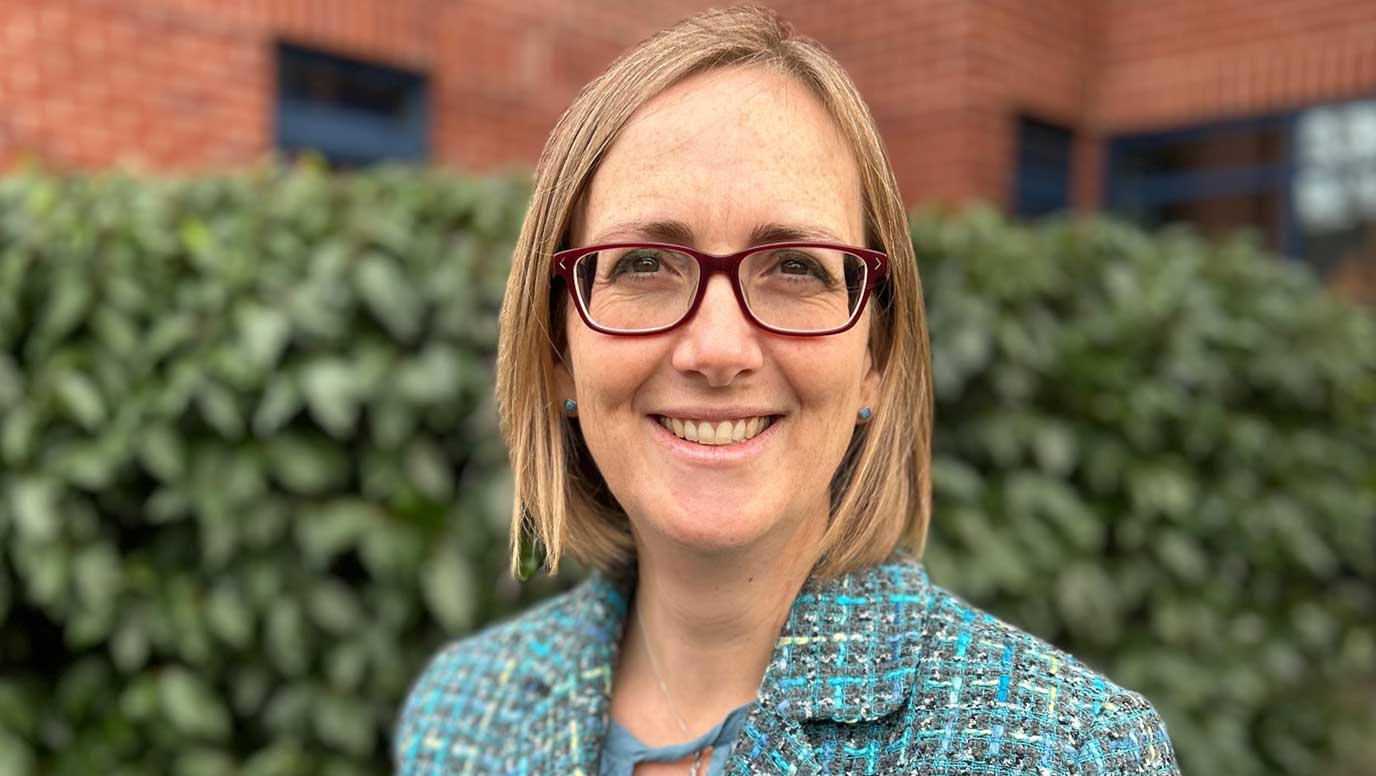Oxford University Innovation raises £900m and fuels multiple startups

The figures are revealed in its 2024 report Shaping the Future: Oxford’s Innovation Impact. According to OUI’s preliminary output metrics, between August (2023) and July (2024) it raised £19.5m in seed funding and £872m in investment for companies, created 15 new companies (including 10 spinouts, two social ventures and three startups), filed 93 new patents, and struck 1,239 licensing deals spanning multi-sectors from HealthTech to clean energy.
OUI’s executive chairwoman Baroness Nicola Blackwood said: “As the world confronts increasingly complex challenges – climate change, public health crises, and technological disruptions – our ability to innovate at speed and scale has never been more critical.
“Over the past year, Oxford University Innovation has continued to play a pivotal role in transforming groundbreaking research into tangible economic and societal benefits, strengthening our position as a global leader in innovation.”
The report was unveiled at an Oxford Innovation Society (OIS) event for academic founders and leaders, venture capital investors and industry and ecosystem partners.
OUI’s new CEO, Dr Mairi Gibbs, recognised Oxford University’s “prolific research output” which has fuelled another successful year for OUI, which manages the university’s technology transfer and consulting activities.
Listing some of the achievements of the last 12 months, Dr Gibbs welcomed the “launch of many potentially world-class companies”, including MatchBio, an Oxford University spinout that launched in January 2024 with a £4.5m investment to pioneer advancements in immunotherapy to fight cancer.
She added that “OUI has been instrumental in securing agreements that extend the reach of our research”, pointing to a new licensing agreement between Oxford University and Cambridge biopharma company Apollo Therapeutics to accelerate the commercialisation of Oxford’s biomedical research by developing new therapies at pace.
The past 12 months have also seen the first deliveries of Oxford’s R21/Matrix-M malaria vaccine in Africa, following a licensing deal OUI negotiated with the Serum Institute of India.
The report highlights the appeal of Oxford’s companies due the impact they are creating from saving lives to safeguarding identities. Dr Gibbs cites technology developed by Onfido’s AI-powered Real Identity Platform, which allows customers to orchestrate award-winning document and biometric verifications, as well as providing vital fraud detection signals.
Co-founders Eamon Jubbawy, Ruhul Amin and Husayn Kassai – former students at Oxford’s Saïd Business School – launched the company in 2012 through OUI’s Startup Incubator.
Over the past year, Onfido has helped prevent $3.9 billion in fraud losses for its global client base. Onfido was bought in April (2024) by global security company Entrust Corp, marking the highest-value return to date on an Oxford University, student-led startup supported by OUI’s Incubator.
The return received by OUI will be reinvested in OUI’s Incubator programme to offer more opportunities for student and staff entrepreneurs to train, collaborate and develop more game-changing companies.
Dr Gibbs also highlights another Oxford success story, Samsung Electronics’ acquisition of Oxford Semantic Technologies – a spinout which specialised in cutting-edge knowledge graph and reasoning technology.
The report reveals the growing role women are playing in OUI’s commercialisation activities. Figures show the share of unique female individuals involved in OUI commercialisation activities rose from 27.8 per cent in 2015-16 to 33.7 per cent in 2022-23. All female or mixed-sex teams involved in commercialisation projects increased from 29.8 per cent to 39.5 per cent.


